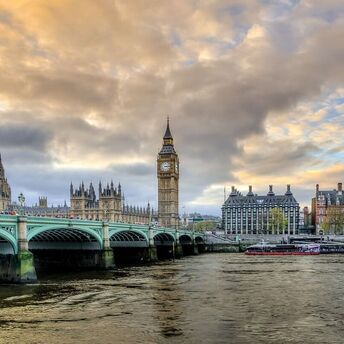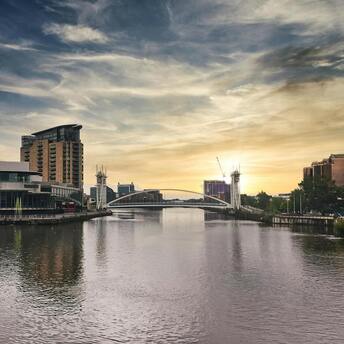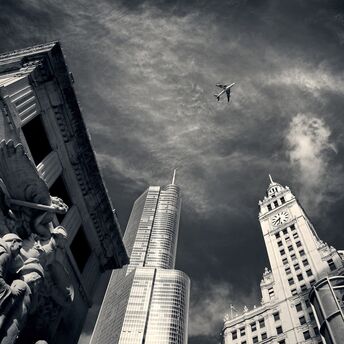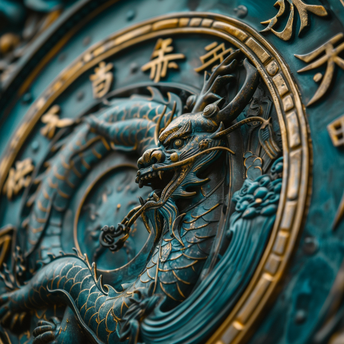The typical mistakes made by tourists that should be avoided in Japan have been named

Every country has its own set of socially acceptable behaviors, and Japan, known for its extreme discipline and unique culture, has very specific rules.
Although as a foreigner, you don't have to know everything about them, it's always worth learning about a few cultural norms before visiting. Here are five things that tourists should never do in Japan, according to News Bytes.
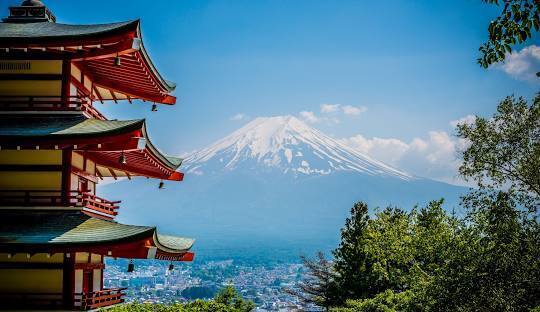
Wearing shoes indoors, at work, in restaurants, and at schools
We are aware that in most Asian countries, shoes are not permitted in temples. However, the Japanese adhere to a no-shoe policy even in restaurants, schools, homes, and workplaces.
This is regarded as a gesture of respect and aids in maintaining cleanliness.
If uncertain whether to remove your shoes, look for signs or follow the lead of others.
Making noise or behaving inappropriately in public spaces
Japan is renowned for its polite and respectful culture, hence as a tourist, it's essential to be mindful of your conduct in public areas.
This entails speaking softly, refraining from loud or disruptive behavior, and refraining from obstructing paths or exits.
When visiting temples and shrines, be considerate of others and avoid any actions that might be interpreted as disrespectful.
Neglecting personal hygiene
Personal hygiene is highly valued in Japan, thus it's important to maintain a clean and tidy appearance in public settings.
This includes removing shoes upon entering a residence, wearing clean attire, and avoiding strong scents or fragrances that may be overpowering to others.
Additionally, it's advisable to wash your hands frequently and utilize tissues when coughing or sneezing.
Blowing your nose in public is also considered impolite.
Eating or drinking in public spaces
The consumption of food and beverages in public areas, such as trains and buses, is generally discouraged in Japan.
This is because it is deemed impolite to create a mess in public areas, and many individuals believe it disrupts fellow passengers.
If you need to eat or drink while in transit, it's best to wait until you reach your destination.
Improper handling of chopsticks
Chopsticks are an integral aspect of Japanese cuisine. Demonstrating proficiency in their usage reflects your respect for Japanese food and culture.
Pointing with chopsticks is considered impolite.
Tsukitatebashi, a Japanese term, signifies that chopsticks should not be inserted vertically into a rice bowl, as this is reserved for Buddhist memorial services. It is associated with death.
As TravelWise reported, the expert named a little-known Japanese tourist destination that is worth visiting.

